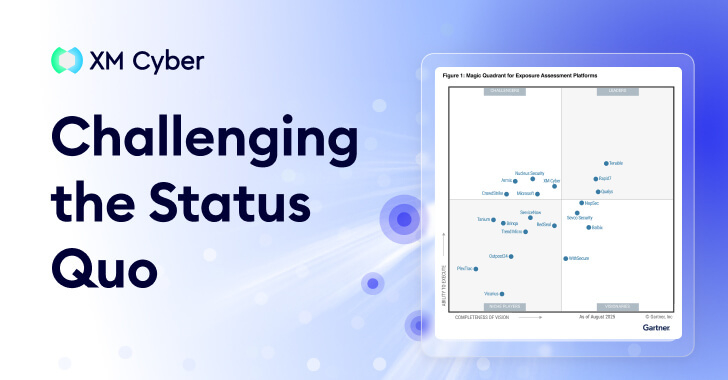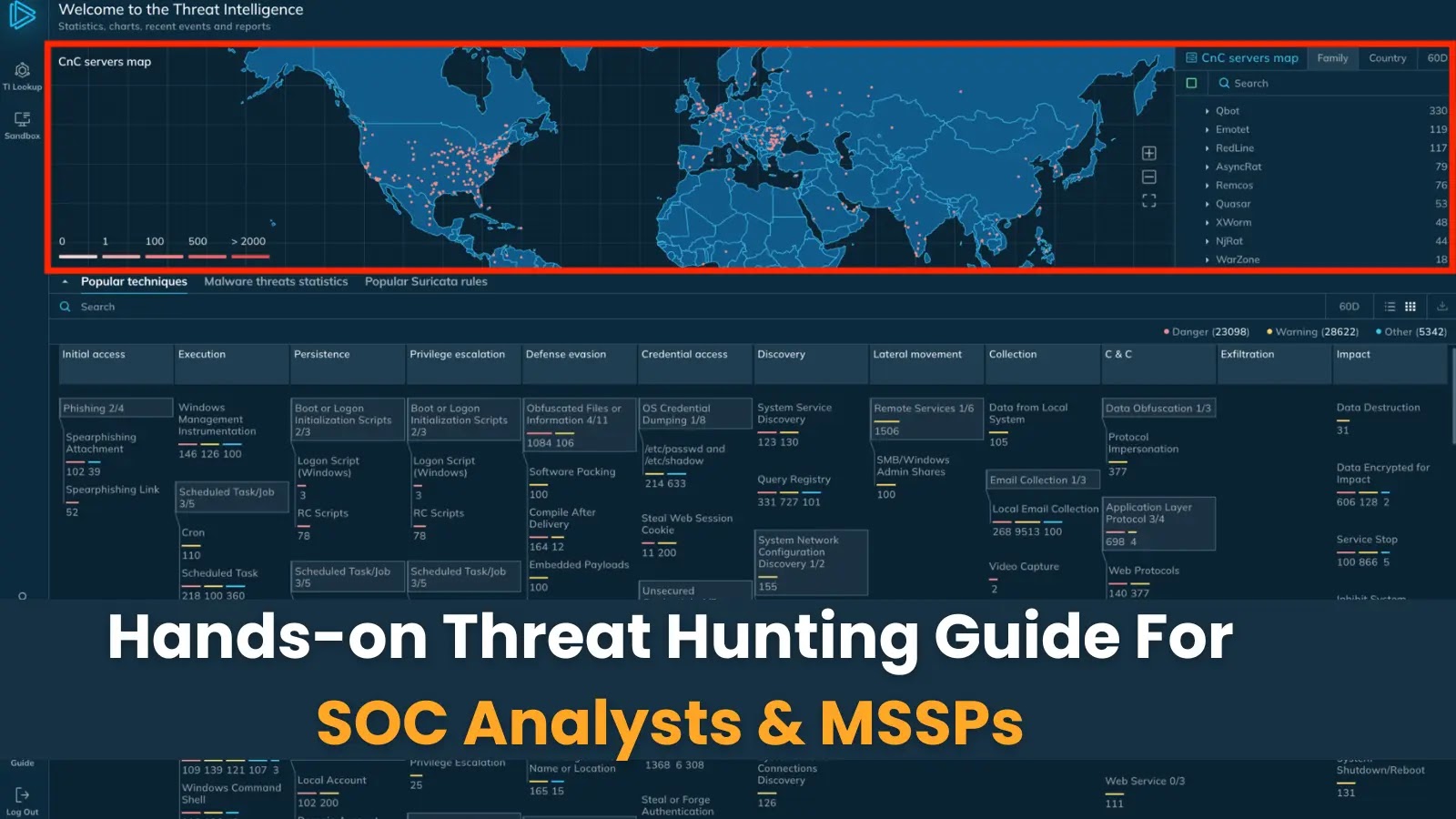Dell Technologies has recently issued a critical security advisory concerning multiple vulnerabilities in its PowerScale OneFS operating system. These flaws pose significant risks, including unauthorized access, privilege escalation, and potential denial-of-service (DoS) attacks. Organizations utilizing affected versions of PowerScale OneFS are strongly advised to take immediate remedial actions to safeguard their systems.
Overview of Critical Vulnerabilities
The most severe of these vulnerabilities, identified as CVE-2025-27690, affects PowerScale OneFS versions 9.5.0.0 through 9.10.1.0. This flaw arises from the use of default passwords, enabling unauthenticated remote attackers to gain control over high-privileged user accounts. With a CVSS score of 9.8, this vulnerability allows attackers to compromise systems without requiring any special privileges or user interaction, posing a substantial threat to enterprise storage infrastructures.
In addition to CVE-2025-27690, Dell has highlighted several other vulnerabilities:
– CVE-2025-26330: Present in versions 9.4.0.0 through 9.10.0.1, this incorrect authorization vulnerability allows local attackers to access clusters using the previous privileges of disabled user accounts. It carries a CVSS score of 7.0, indicating a high severity level.
– CVE-2025-22471: Found in versions 9.4.0.0 through 9.10.0.1, this integer overflow vulnerability can lead to denial-of-service conditions, disrupting system availability.
– CVE-2025-26480: Affecting versions 9.5.0.0 through 9.10.0.0, this uncontrolled resource consumption vulnerability also results in denial-of-service scenarios, impacting system performance and reliability.
Potential Impact on Organizations
These vulnerabilities expose multiple attack vectors within Dell’s PowerScale OneFS storage systems. The most critical scenario involves a remote attacker exploiting CVE-2025-27690 to gain system-level control over storage infrastructure. Such unauthorized access compromises data confidentiality, integrity, and availability, potentially leading to operational disruptions and financial losses.
Security experts warn that unpatched systems are at high risk, especially given the ease of exploitation associated with these vulnerabilities. Organizations relying on PowerScale OneFS for their storage solutions must prioritize addressing these issues to maintain the security and functionality of their environments.
Recommended Mitigation Strategies
To mitigate these risks, Dell recommends the following actions:
1. Immediate Upgrade: Organizations should upgrade to PowerScale OneFS version 9.10.1.1 or later, which addresses all identified vulnerabilities. This is the most effective measure to ensure system security.
2. Implement Workarounds: For environments where immediate upgrades are not feasible, Dell provides several workarounds:
– Restrict User Modifications: Add impacted users to the “Users who cannot be modified” list to prevent unauthorized changes.
– Password Management: Set or reset passwords for users not blocked for modification in the System zone file provider to enhance security.
– Disable WebUI and API: Use the command-line interface (CLI) to disable the WebUI and API, reducing potential attack surfaces.
– Firewall Configuration: Implement firewall rules to limit access to the API and WebUI from trusted networks only, thereby controlling external access.
3. Adopt Long-Term Support Versions: Dell strongly encourages customers to adopt the Long-Term Support (LTS) 2025 version, specifically the 9.10.1.x code line, with the latest maintenance release (currently 9.10.1.1). This approach ensures ongoing support and security updates.
4. Prioritize Patching: Organizations should prioritize these updates based on the CVSS base scores and any relevant temporal and environmental factors that could affect severity in their specific environments. Assessing the criticality of each system and its exposure to potential threats will aid in effective risk management.
Conclusion
The discovery of these critical vulnerabilities in Dell’s PowerScale OneFS underscores the importance of proactive security measures in enterprise environments. Organizations must act swiftly to apply the recommended updates and workarounds to protect their storage infrastructures from potential exploitation. By adhering to Dell’s guidance and maintaining up-to-date systems, businesses can mitigate the risks associated with these vulnerabilities and ensure the integrity and availability of their data.



